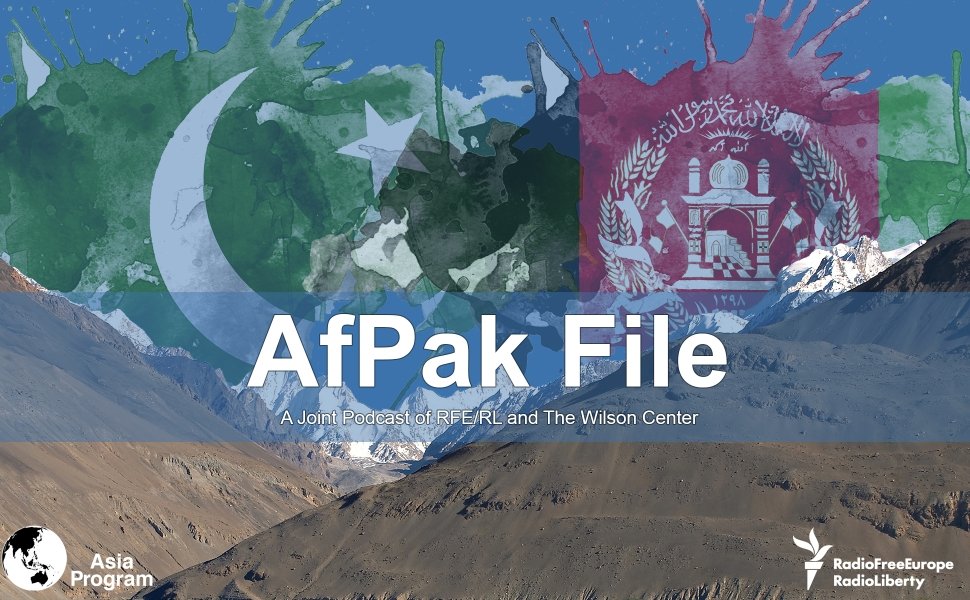AfPak File: Can US-Pakistan Relations Survive After Imran Khan’s Regime Change Allegations?


On April 7, Pakistan’s Supreme Court ruled as unconstitutional Prime Minister Imran Khan’s recent moves to block a no-confidence vote and dissolve Parliament.
This means a long-running political crisis may soon come to an end, with the no-confidence vote scheduled to take place on April 9.
However, uncertainty surrounds the US-Pakistan relationship, which took a big hit during the political crisis after Khan accused the Biden administration of colluding with Pakistan’s opposition on the no-confidence vote. Khan used this conspiracy to justify his decision to block the vote.
How much damage has this allegation inflicted on US-Pakistan relations, and what might determine the future trajectory of a relationship that was fragile and unsettled even before Khan’s allegations of a US conspiracy?
The latest edition of The AfPak File examines these questions and more with Aizaz Ahmad Chaudhry, a recent former Pakistani ambassador to the United States, and David Hale, a recent former US ambassador to Pakistan. Michael Kugelman, senior associate for South Asia at the Wilson Center, joins the debate as well.
Muhammad Tahir, media manager for Radio Free Europe/Radio Liberty, moderates the discussion.
This article originally appeared on RFE/RL.
Guest

Moderator

Indo-Pacific Program
The Indo-Pacific Program promotes policy debate and intellectual discussions on US interests in the Asia-Pacific as well as political, economic, security, and social issues relating to the world’s most populous and economically dynamic region. Read more


